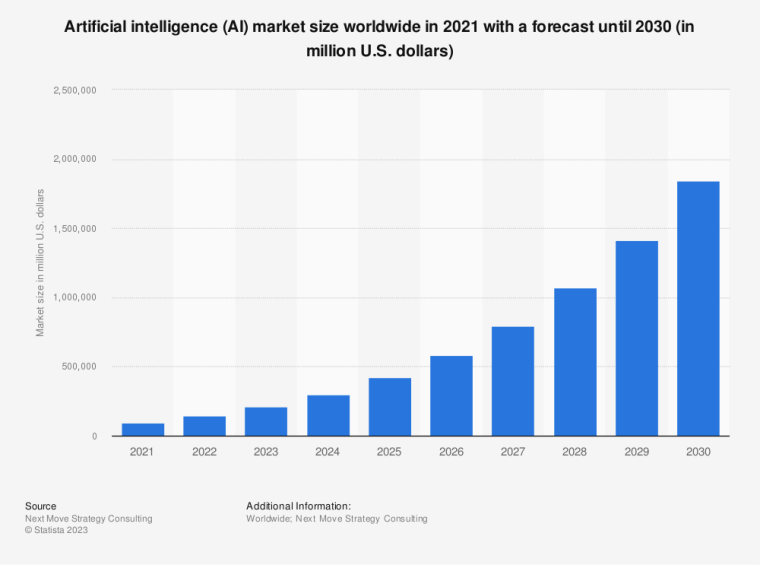
Hardware giant Lenovo has invested $3 billion over the past three years to ramp up its artificial intelligence offerings and transform its business, fueled by exponential growth in AI infrastructure revenue. The Chinese company recently disclosed that it achieved record AI infrastructure revenue of over $2 billion in the last fiscal year.
Lenovo is now committing an additional $1 billion investment over the next three years to expand its AI capabilities. This includes $100 million to grow the Lenovo AI Innovators program which has already delivered 150 AI solutions in the first year with the help of 45 software partners.
Through the AI Innovators ecosystem, Lenovo provides pre-validated and optimized AI solutions for customers that enable capabilities like generative AI, computer vision, voice AI, and virtual assistants across industries. While AI holds massive potential, many companies struggle with implementation due to resource constraints and infrastructure complexities.
Also read: Salesforce Doubles Down on Generative AI as it Pledges $500 Million
Lenovo’s AI solutions aim to harness customer data to transform their businesses with predictable outcomes. For example, the company has partnered with DeepBrain AI to offer generative AI virtual assistants for hospitality and retail settings, and with Vistry to provide computer vision for automated cook times and supply quantity management in quick-service restaurants.
With new manufacturing AI solutions from Guise, industrial customers can reduce downtime by up to 14 days through AI-based predictive maintenance, anomaly detection, and computer vision, Lenovo says. The company also offers AI as a service through TruScale Infrastructure to give businesses flexibility.
Lenovo is Creating New Hardware to Rapidly Scale AI
To bring AI to more organizations, Lenovo has expanded its AI-ready infrastructure portfolio to over 70 edge-to-cloud products. This includes new Lenovo ThinkEdge SE360 and SE350 edge servers, and ThinkSystem SR675 data center servers built for AI workloads and optimized for NVIDIA and Intel platforms.
Lenovo will invest the additional $1 billion into expanding this AI-ready portfolio with more smart devices, infrastructure solutions, and services. The goal is to simplify AI deployment by bringing AI capabilities to the source of customer data on premises and at the edge in addition to the cloud.
Also read: 15 Best AI Copywriting Tools for June 2023
Lenovo has established an AI Discover Center of Excellence to guide customers’ responsible AI strategies, and its AI Innovators program should provide the best turnkey AI solutions to help businesses implement AI at scale. Lenovo sees AI as critical to enabling real-time inferencing, improved customer experiences, and intelligent transformation across all industries.
With its comprehensive portfolio and ecosystem partnerships, Lenovo aims to be an end-to-end infrastructure provider that empowers businesses to unlock the full potential of emerging technologies like generative AI, virtual and augmented reality, and the metaverse. The billions Lenovo has invested so far indicate that artificial intelligence is core to fueling the company’s future growth ambitions.
The Size of the AI Market is Expected to Expand to Nearly $2 Trillion by 2030
According to data compiled by Statista, 76% of businesses plan to increase to some extent their investments in artificial intelligence during the 2023 fiscal year and beyond while 20% said that they plan to keep their investments at the same level during these same periods.
Over the next few years, the AI market is expected to grow significantly, moving from an estimated value of $200 billion or so by the end of 2023 to as much as $1.8 trillion in 2030 as the technology has the chance to revolutionize virtually every aspect of human life and hundreds of industries and business models.
Some of the groundbreaking changes that AI will bring to the table include a sharp increase in productivity for organizations, the complete automation of most – if not all – business processes, the potential to further customize customers’ experiences, and a reduction in the need for manpower to perform time-consuming and mechanic tasks.
The changes to society that AI will be introducing bring forth significant ethical and moral considerations as its implementation can lead to a short-term increase in unemployment levels, risks to the national security of countries, and privacy concerns.
